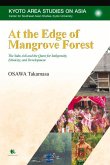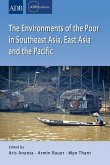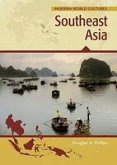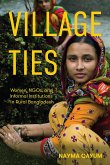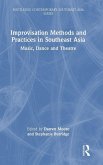China's BRI in Southeast Asia present empirical research that analyzes the dynamics and implications of the Belt and Roads Initiative (BRI) for the countries of Southeast Asia. While much has been written about the BRI from a geopolitical and macro-economic perspective, the studies in this volume focus on how its economic development affects socioeconomic and cultural realities at the micro-level of everyday life in local communities. While the BRI's development of infrastructure such as railways, special economic zones, and ports creates opportunities for ASEAN countries in trade, engineering, agribusiness, and finance, it also poses serious and fundamental challenges to local communities, state sovereignty, the global economic order, and international legal frameworks. The authors contend that the BRI should be examined through various perspectives, and use ethnographic methods to foreground the voices and experiences of local people to better understand the socioeconomic, political, and institutional effects of the BRI on the ground.
Bitte wählen Sie Ihr Anliegen aus.
Rechnungen
Retourenschein anfordern
Bestellstatus
Storno




